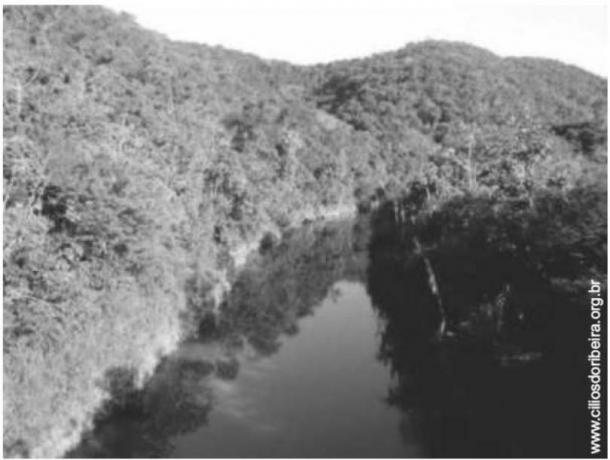The relief is an irregularity of the earth's surface, sculpted from the modeling agents that can act inside the Earth (endogenous agents) or above the Earth's surface (agents external). Winds and glaciers are external shaping agents that contribute to the formation of relief.
The action of glaciers
Before understanding how glaciers affect relief, it is important to know the meaning of the term. Glacier is a huge mass of ice originated in places with very low temperature. Due to this characteristic, the occurrence of snow precipitation is greater than the melting of ice, a factor that favors its accumulation.
High mountains are suitable places for the accumulation of ice, due to the always low temperatures due to the restricted solar radiation. This external agent acts from the accumulation of ice on top of mountains, which, when it becomes too heavy, causes avalanches, which slide and transport some rocks along with the ice. The result of this event is a change in the configuration of the top of the mountain and also an increase in sediments in the surrounding regions, usually valleys. The action of glaciers in the formation of relief is called glacial erosion.
wind action
In most cases, the wind modifies the relief in coastal and desert regions. Both are areas of concentration of sand, so the wind blows it from one place to another. This phenomenon is responsible for the formation of the dunes.
However, the action of the winds is not limited to the case above. It also plays an influence in cases where airborne dust is thrown towards rocks. Then, gradually and slowly, the relief is being modeled, giving rise to intriguing natural sculptures, such as rocky arches, in the United States (Utah - Utah National Park). The contribution of winds in the configuration of the relief is called wind erosion.
By Eduardo de Freitas
Graduated in Geography
Source: Brazil School - https://brasilescola.uol.com.br/geografia/a-acao-das-geleiras-dos-ventos-na-formacao-relevo.htm


